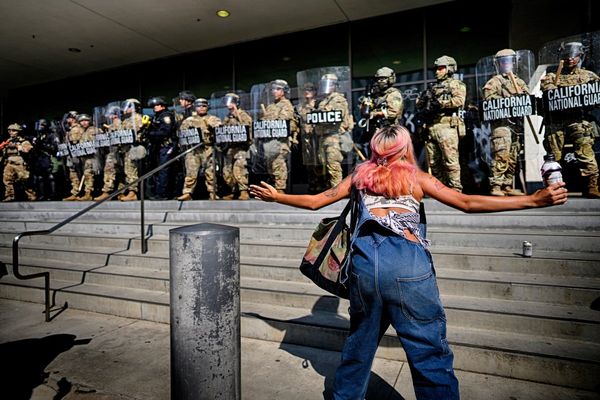
A voting rights group in South Carolina has taken legal action to challenge the state's U.S. House districts, alleging that they are unfairly skewed in favor of the Republican Party. The group, League of Women Voters, has petitioned the state's highest court to intervene and order a redraw of the congressional map.
The current congressional map was recently upheld by the U.S. Supreme Court in a 6-3 decision, which dismissed claims of racial bias in the districting process. However, the League of Women Voters argues that the districts violate the state constitution's mandate for free and fair elections, asserting that the current setup gives Republicans an unfair advantage.
The lawsuit contends that the district boundaries were manipulated to concentrate Republican voters in certain districts, while dispersing Democratic-leaning voters in a way that dilutes their voting power. This practice, known as gerrymandering, is seen as undermining the principle of equal representation for all citizens.
The legal director of the South Carolina ACLU chapter, which is representing the League of Women Voters in the case, emphasized the importance of restoring fairness to the electoral system. He stated that voters deserve to have their voices heard without undue influence from partisan manipulation.
Republican lawmakers, who hold the majority in the state Senate and House, have defended the current district map, characterizing the legal challenge as an attempt by special interests to subvert the democratic process. They maintain that the districts were drawn in accordance with legal requirements and reject claims of unfair advantage.
The lawsuit highlights specific instances where district boundaries were allegedly redrawn to favor one party over another, resulting in a lack of competitive congressional districts in South Carolina. The ACLU argues that the current map fails to reflect the state's political diversity and disenfranchises voters by limiting their choices at the ballot box.
The civil rights organization is urging the state Supreme Court to address the lawsuit promptly, bypassing lower courts to expedite the resolution of the dispute. Similar legal challenges in other states have resulted in rulings that deemed partisan gerrymandering unconstitutional, citing violations of equal protection and electoral integrity.
As the legal battle unfolds, the outcome could have significant implications for future elections in South Carolina and potentially reshape the state's political landscape.







